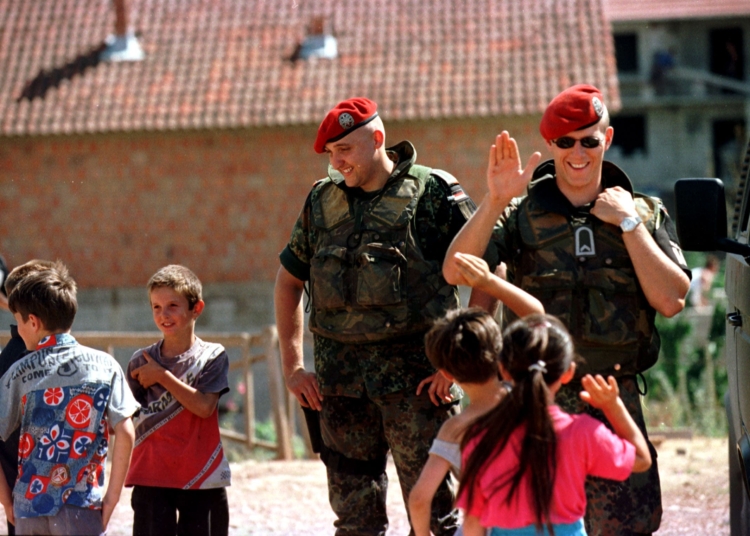In this content, we will discuss the role of NATO in global security, particularly its collaborative efforts in crisis management and peacekeeping. NATO, an intergovernmental military alliance between 30 North American and European countries, is dedicated to safeguarding the freedom and security of its member states. The alliance has been actively involved in crisis management operations and peacekeeping efforts around the world, from the Balkans to Afghanistan. NATO’s collaborative approach, leveraging the capabilities of its member states and international organizations, has been instrumental in addressing security challenges. While NATO faces challenges, it also has opportunities to enhance its capabilities and adapt to evolving security threats. Overall, NATO’s collaborative efforts are essential for maintaining global security and stability.
NATO and Global Security: Collaborative Efforts in Crisis Management and Peacekeeping
Introduction
The North Atlantic Treaty Organization (NATO) is an intergovernmental military alliance between 30 North American and European countries. It is a key player in global security, with a primary goal of safeguarding the freedom and security of its member states. Through collaborative efforts in crisis management and peacekeeping, NATO plays a vital role in maintaining global stability and peace.
NATO’s Role in Crisis Management
NATO has been involved in crisis management operations across the globe, from the Balkans to Afghanistan. The alliance has deployed troops, provided humanitarian assistance, and supported stabilization efforts in conflict-affected regions. NATO’s crisis management operations have been instrumental in preventing the spread of violence and promoting stability in volatile regions.
Peacekeeping Efforts
NATO has also played a significant role in peacekeeping efforts. The alliance has contributed troops to United Nations peacekeeping missions, providing support for the protection of civilians, the disarmament of combatants, and the promotion of reconciliation and peacebuilding. NATO’s peacekeeping operations have helped to mitigate conflict and facilitate the transition to sustainable peace in post-conflict societies.
Collaborative Approach
NATO’s effectiveness in crisis management and peacekeeping is largely due to its collaborative approach. The alliance leverages the capabilities and expertise of its member states, as well as partner countries and international organizations, to address security challenges. By working together, NATO and its partners are able to pool resources, share information, and coordinate efforts to effectively respond to crises and maintain peace.
Challenges and Opportunities
While NATO has made significant contributions to global security, it also faces challenges in its crisis management and peacekeeping efforts. These challenges include complex security threats, resource constraints, and geopolitical tensions. However, NATO also has opportunities to enhance its capabilities, such as by investing in new technologies, strengthening partnerships, and adapting to evolving security challenges.
Conclusion
NATO’s collaborative efforts in crisis management and peacekeeping are essential for maintaining global security and stability. By working together with its member states, partners, and international organizations, NATO is able to effectively respond to security challenges and promote peace. As the global security landscape continues to evolve, NATO remains committed to fulfilling its mission of ensuring the freedom and security of its member states and contributing to global peace and security.













